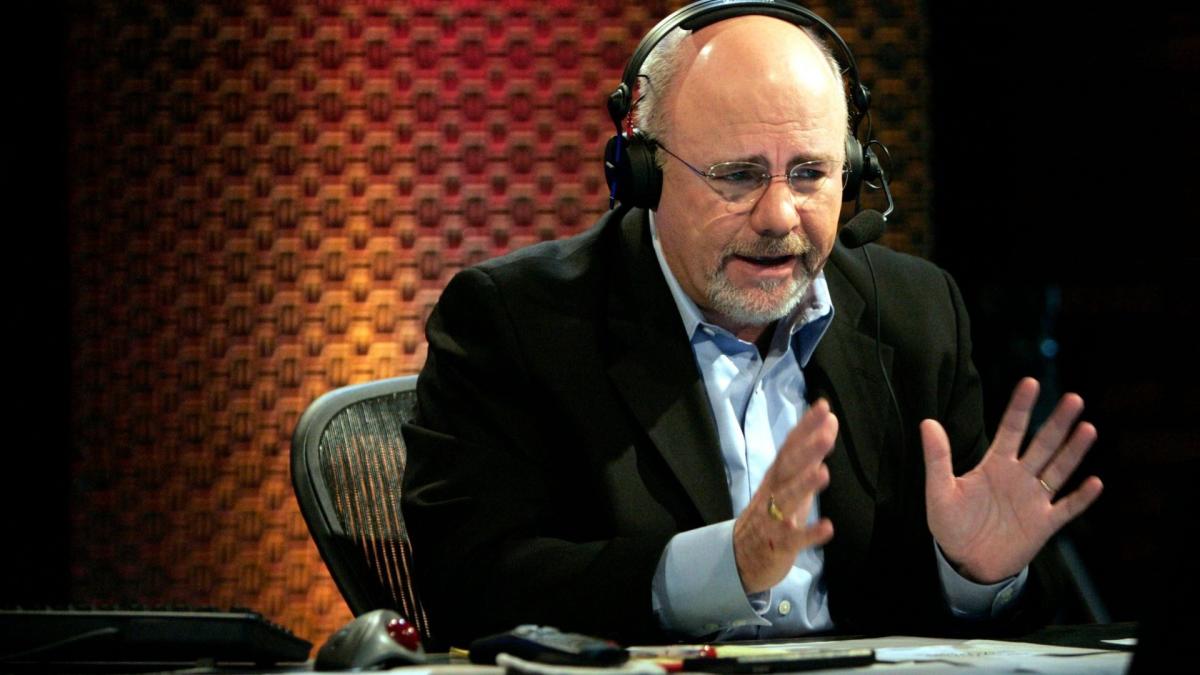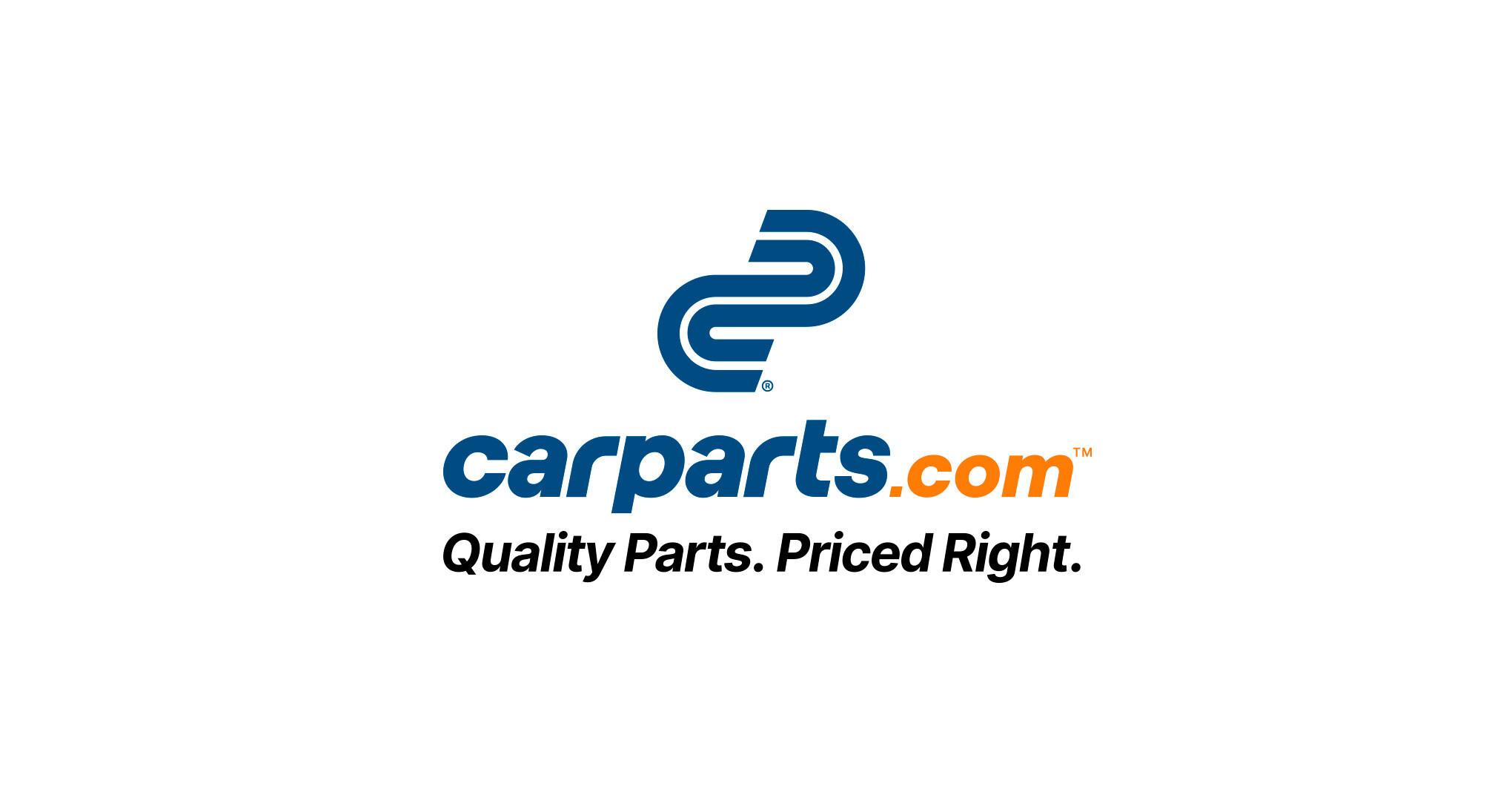Skyline of downtown Dallas, TX on a partly cloudy day. (Photo by: HUM Images/Universal Images Group via Getty Images)HUM Images/Universal...
Knowing that real estate can be a terrific investment, you’re excited to buy your first property. You tell yourself that...
Are artificial intelligence (AI) and Magnificent 7 stocks in a bubble? I’ve been seeing more and more headlines lately speculating...
Formal MSME Finance Gap in Developing Countries What We DoA central focus of the World Bank Group’s work is to...
Market context and growth drivers The private market investment landscape is undergoing rapid expansion and, in this case, converging with...
Sunland Park assets to be sold to casino investment trust Gaming and Leisure Properties, Inc. is paying $183.75 million for...
Feeling the weight of the Trump Administration’s tariff policy, Switzerland’s government is offering to encourage Swiss gold refiners to invest...
LOS ANGELES, Oct. 8, 2025 /PRNewswire/ -- CarParts.com, Inc. (NASDAQ: PRTS), a leading e-commerce provider of automotive parts and accessories,...
Fifth Wall co-founder and CEO Brendan Wallace.Courtesy of Fifth WallA version of this article first appeared in the CNBC Property...
NEW YORK (AP) — As uncertainty deepens amid the U.S. government’s first shutdown in almost seven years, the gold frenzy...

















